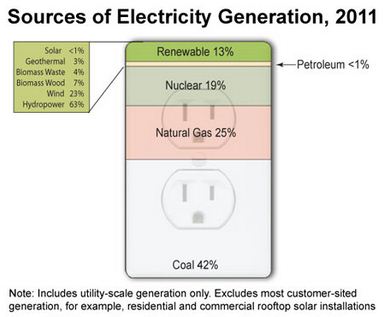An Honest Dealer Or Two
SEARCH BLOG: AUTOMOBILES
Sometimes automotive dealerships deserve a bad reputation. Sometimes it is due to their attitude... we're so big we don't need you...; sometimes it is due to their practices... sure these are extra fees, but that's how we operate.
Recently, my mother-in-law wanted to purchase her lease car. She has less than 13,000 miles on it after 3 years and the buyout price was below the market price... it was clearly marked on the lease contract. She went to the dealer and came back with a worksheet that was nearly $2,000 more than the lease contract buyout price.  Of course, part of that was taxes, title, and license fees... but then there was about $1,000 in miscellaneous [no particular reason except profit-padding] dealer fees that were just tacked on.
Of course, part of that was taxes, title, and license fees... but then there was about $1,000 in miscellaneous [no particular reason except profit-padding] dealer fees that were just tacked on.
I decided to go back to the dealership and talk with the leasing manager. He mumbled and stumbled and then said he could discount some of the fees and maybe "pull out some equity from the lease" [no such thing], but he never backed off the worksheet numbers for the tacked on fees.
What isn't apparent is that the way this particular contract was structured, the purchase price was $500 more than the "residual" value and that is what the dealer receives for handling the transaction [in addition to the tax, title, and registration, but not including "delivery" or "document" fees. The other fees are "padding" not part of the original contract.
Because my mother-in-law had a month to decide, we went to a dealer from which she used to purchase her vehicles and explained that we were not happy with the present dealership [we indicated she changed dealerships after moving to a different part of the city, but we did not talk about the questionable fees] and wanted them to handle the buyout. Although this was not a normal transaction for her old dealership and the manager expressed some reluctance because of customary "boundaries" that held dealers within a certain distance of the leasing dealer would not handle each other's deals, the sales manager agreed to do it as a favor to this old customer.
After he worked up the transaction, the bottom line was about $1,000 less ... imagine that... than the other dealer was demanding. We then told him who the other dealer was, but did not mention the reasons for not buying through them.
I'll not divulge the name of the dealer who was practicing what I consider to be a "rip-off," but those of you who live in the Orlando area and are interested in Ford products, might want to consider Don Reid Ford. You can ask for the sales manager, David Rodriguez. You won't be unhappy. Thank also to Glen Sdao at Blackwell Ford in Plymouth, Michigan for his advice concerning normal business practices on these lease buyouts.






